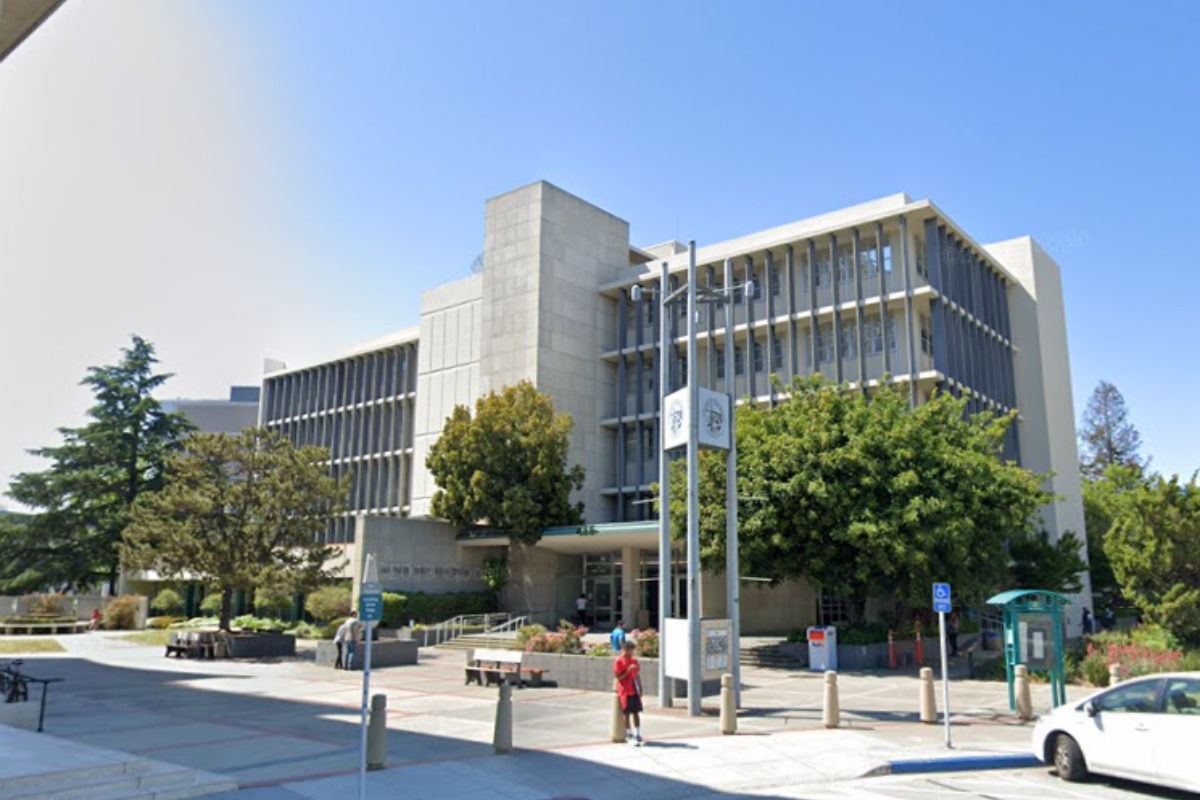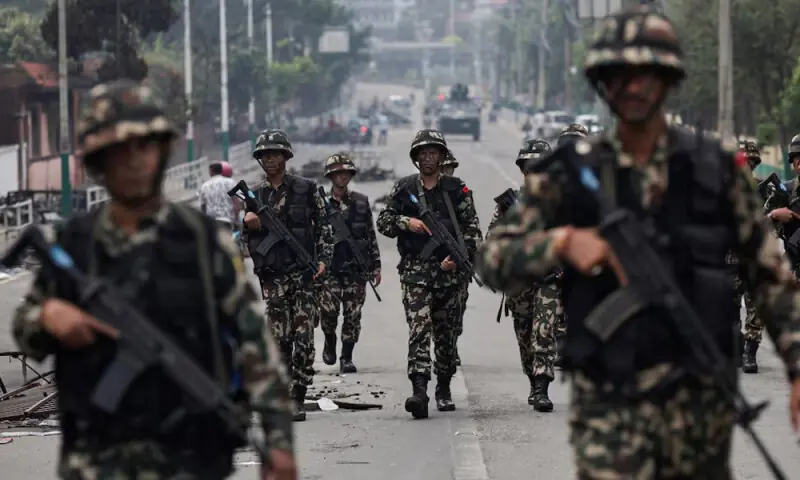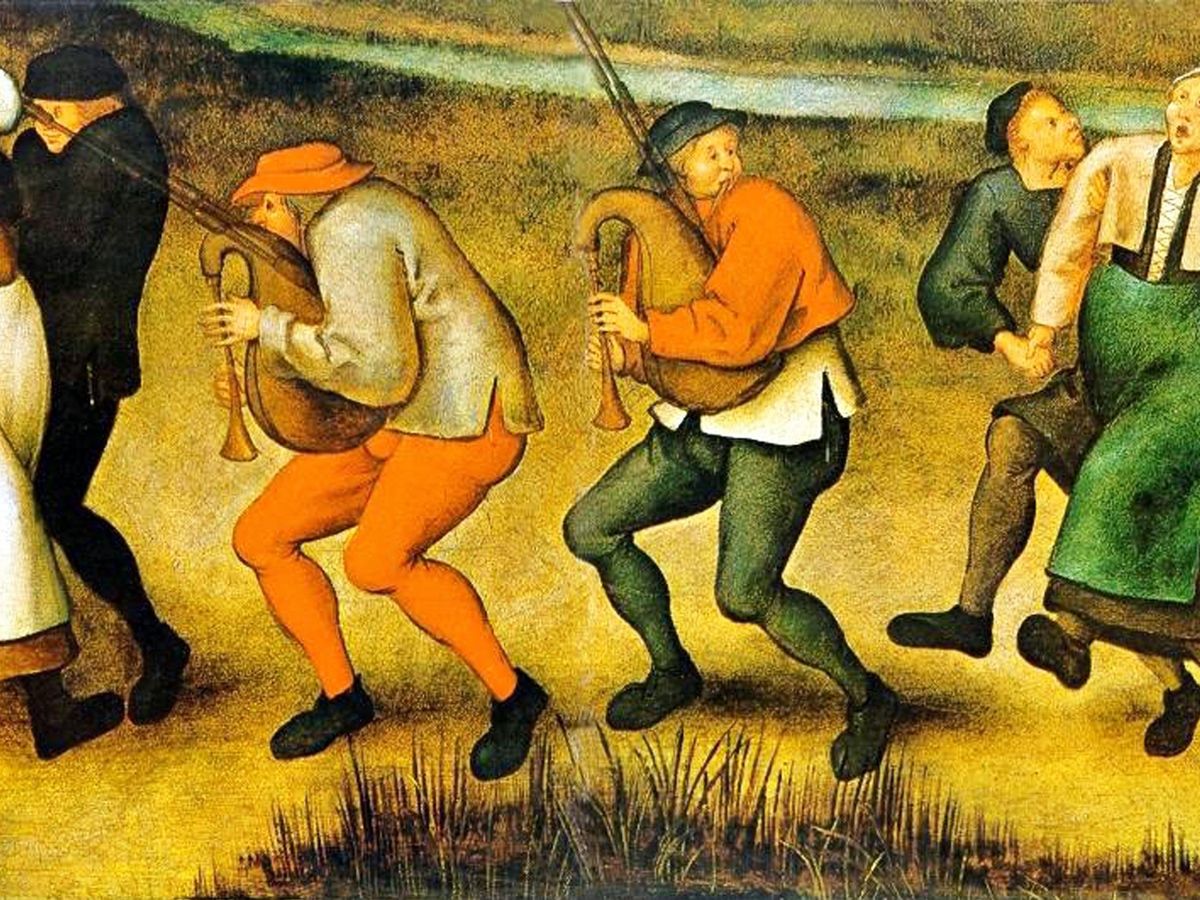San Mateo County Supervisors Rally Behind Prop 50 to Counteract Texas Redistricting, Emphasize Democratic Values
By Nina Singh-Hudson
Copyright hoodline

In a move to reshape California’s political landscape, San Mateo County supervisors are gearing up to officially back Proposition 50. According to NBC Bay Area, the board is expected to pass a resolution in support of the Election Rigging Response Act at Tuesday’s meeting.
This proposition comes as a combatant to the recent congressional redistricting by Texas, which has been labeled in favor of Republicans, and if passed, California’s independent commission would retake control of drawing district maps starting in 2031. It’s a testament to the state’s ongoing battle against what San Mateo County Board of Supervisors President David Canepa called “a fight for democracy, a fight against authoritarian rule and a fight against election rigging,” as reported by NBC Bay Area.
The issue of redistricting has stirred significant controversy, with critics labeling it a partisan ploy. Yet Governor Newsom has depicted the measure as essential to “save democracy” nationwide amid concerns over a second Trump term and the GOP’s hold over Congress. As per RWCPulse, speakers at a recent rally included several local politicians, and the event saw endorsements from over a dozen organizations, highlighting the broad community and political support for the proposition.
Crucial for many Californians, Prop 50’s implications on work and federal funding are not lost on residents: “What scares me the most is losing work,” Carlos Alvares, a journeyman laborer with union Local 261, shared his concerns to RWCPulse, noting that redistricting could mean fighting for work in other districts, Elk Grove’s Ashely Rhodes, from Aboriginal Blackman United called Newsom’s efforts a counterpunch to Trump saying, “[Newsom] is the only one that’s punching Trump back in the nose,” thus reflecting the defiant spirit among opponents of the current administration.
California voters are slated to make their voices heard on these changes in a special election set for Nov. 4, when they will decide the fate of their congressional district maps and, perhaps, their political influence on a national scale.



